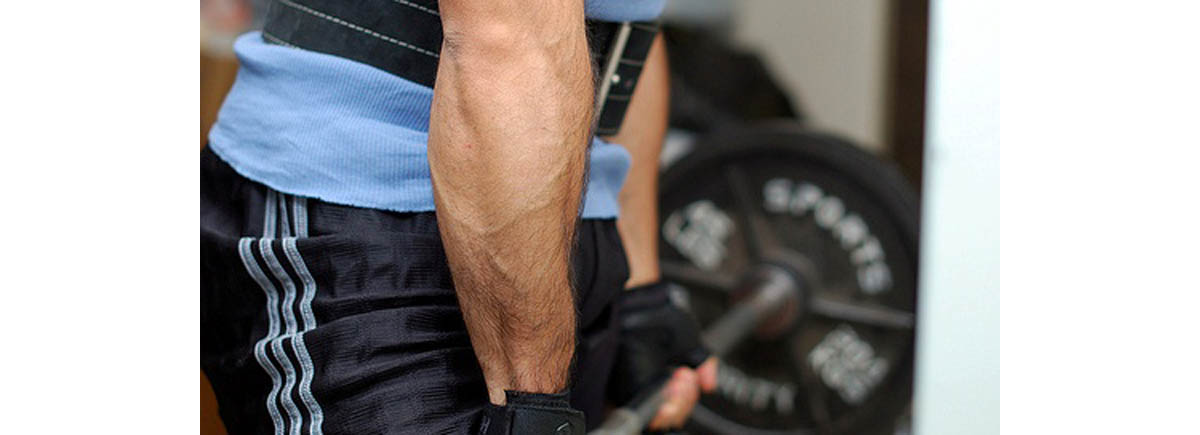Table of Contents
7. Youth and children shouldn't lift weights
No studies have ever proven that lifting weights stunts growth. Lifting weights cannot do any damage to growth plates as was once believed. The only way to damage growth plates is by directly breaking them. Breaking a bone at the growth plate by dropping a very heavy weight on it, or in an accident will have an effect on future growth at that point.

8. Using weights is for not for beginners
On the contrary; if you are new to exercise and fitness, its a good idea to get started with strength training right away. Whatever your goal may be, lifting weights has a place in your routine. Resistance training is a part of getting fit, losing fat, improving performance, improving joint flexibility, impriving stamina, increasing flexibility, and preventing illness.
The only precaution you should take as a beginner is to get help with using proper technique and a comprehensive exercise program. You should also start with smaller, lighter, weights, and build up as you increase your strength.
9. Weights are complicated
Lifting weights can be more complicated than running on a cardio machine, or sitting in a chair (machine) to perform a leg curl. However, learning 3 or 4 exercises is something anyone can do, regardless of skill level, or how coordinated you are. Its good for the brain and nervous system to learn new movements which, in turn, help keep you healthier and safer outside of the gym.
Always seek help from a qualified expert, and avoid hearsay from your friends.
10. Weights are bad for joints
The major difference between sports and lifting weights is the environment. Lifting weights is actually very safe for joints because it is done in a controlled environment, with no sudden, unpredictable movements. Studies have also shown that people who squat heavy weights regularly have more stable and healthier knee joints than those who do not squat regularly.
Using free weights help to reinforce stability, and strengthen the muscles, tendons and ligaments which attach at the joint.
Stop fussing around and start lifting weights now that you know what a different it can make to your success!
- “The 12 Most Popular Weight lifting Myths Debunked!” by Mehdi. Published October 2009. Accessed October 2012. Retrieved from: stronglifts.com/weight-lifting-myths-debunked/
- Photo courtesy of kevin_butt on Flickr: www.flickr.com/photos/kevin_butt/4148923666
- Photo courtesy of kevin_butt on Flickr: www.flickr.com/photos/kevin_butt/4341664856


Your thoughts on this